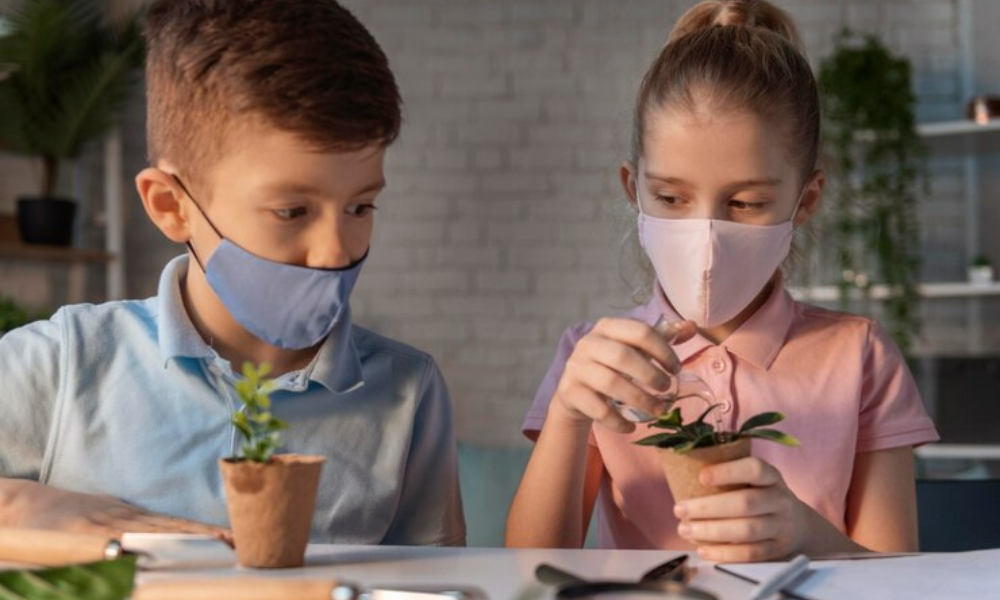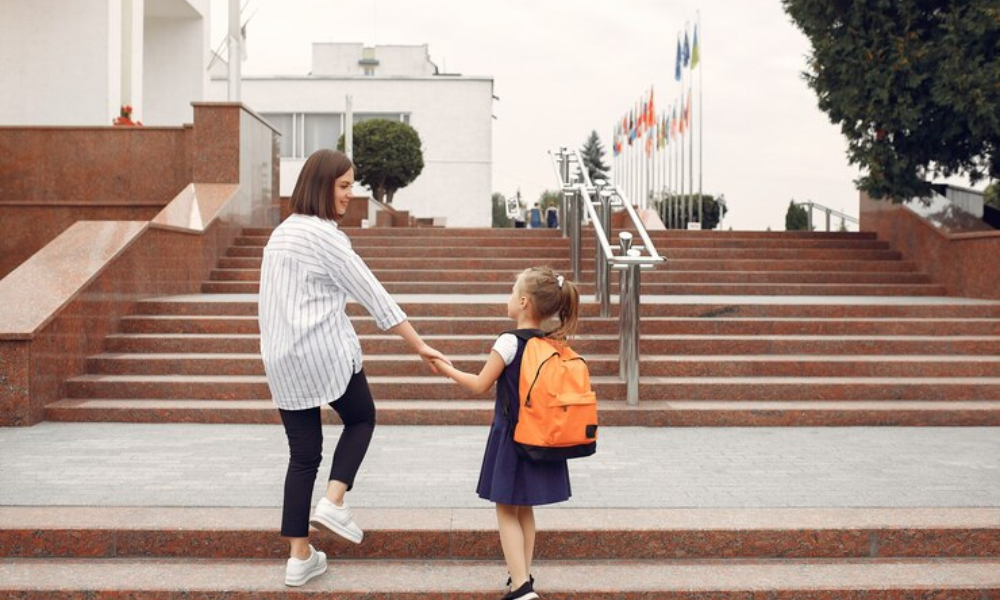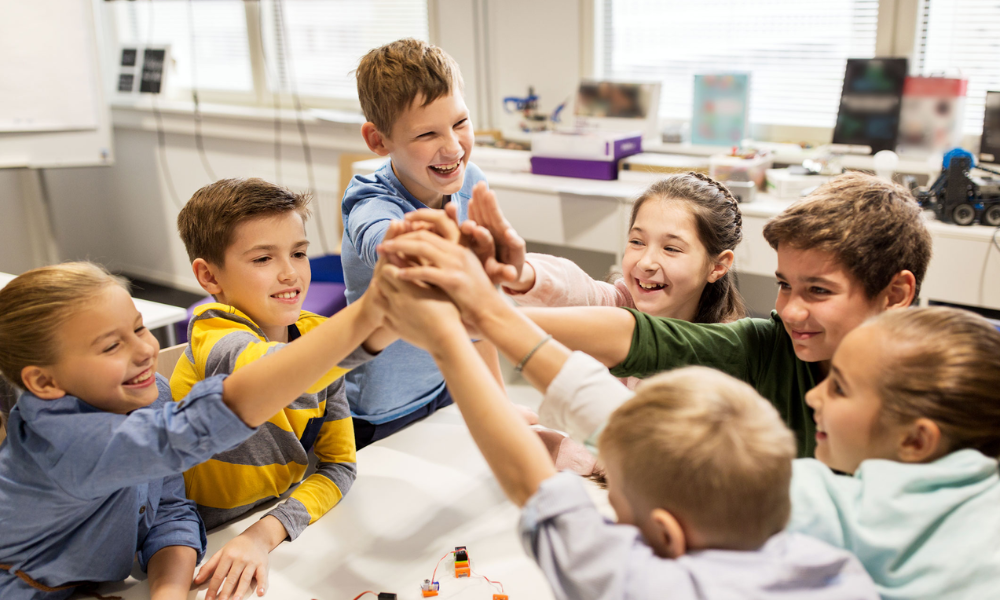Becoming a responsible youth is about taking charge of your life and making decisions that positively impact your future. It involves understanding your role in society, developing self-discipline, and contributing to your community. This article explores practical steps to help young people become responsible individuals, emphasizing the importance of youth responsibility.
Understanding Youth Responsibility

Definition and Importance
Youth responsibility means being accountable for your actions and understanding the consequences of your decisions. It includes:
- Making informed choices: Considering the impact of your decisions on yourself and others.
- Developing self-discipline: Cultivating habits that promote personal growth and societal contribution.
- Contributing to the community: Engaging in activities that support community development and well-being.
Comparison with Competitors: Competitor articles stress the importance of empowerment, achievement, and community involvement. This article incorporates these aspects while focusing on practical steps for youth.
Steps to Becoming a Responsible Youth

Seek Self-Improvement
Continuous self-improvement is crucial for personal and professional growth. Some ways to achieve this include:
- Reading and learning: Engage with books, magazines, audiobooks, and online courses to broaden your knowledge and skills.
- Attending seminars and workshops: Participate in events that offer opportunities for intellectual and personal development.
- Setting goals: Establish clear, achievable goals to stay motivated and focused on self-improvement.
Treat Others with Respect
Respecting others is fundamental to building strong, positive relationships. This involves:
- Showing kindness and empathy: Treat family, friends, and community members with compassion and understanding.
- Practicing good manners: Simple acts of politeness, such as saying please and thank you, can make a significant difference.
- Listening actively: Pay attention to others’ perspectives and show that you value their opinions.
Developing Key Life Skills

Honesty and Integrity
Being honest with yourself and others is vital for building trust and credibility. Key aspects include:
- Acknowledging mistakes: Recognize and learn from your errors to avoid repeating them.
- Being truthful: Maintain honesty in all your interactions, even when it’s challenging.
- Upholding your values: Stay true to your principles, regardless of external pressures.
Time Management
Effective time management is essential for balancing various responsibilities. Tips for managing your time better include:
- Creating a schedule: Plan your day to ensure you allocate time for studies, extracurricular activities, and relaxation.
- Prioritizing tasks: Focus on completing the most important tasks first.
- Avoiding procrastination: Develop strategies to stay disciplined and avoid delaying tasks.
Contributing to the Community

Volunteer and Participate in Community Activities
Engaging in community service helps you give back and develop a sense of responsibility. Ways to contribute include:
- Volunteering: Participate in local organizations, charities, or events that align with your interests.
- Mentoring peers: Share your knowledge and skills with younger or less experienced individuals.
- Advocating for causes: Support initiatives that promote positive change in your community.
Promoting Sustainability
Responsible youth can lead by example in promoting environmental sustainability. Actions to take include:
- Reducing waste: Practice recycling, composting, and minimizing single-use products.
- Conserving resources: Be mindful of water and energy consumption.
- Supporting green initiatives: Get involved in local environmental projects and advocate for sustainable practices.
Building a Positive Self-Image

Cultivating Self-Discipline
Self-discipline is the foundation of responsible behavior. Techniques to develop self-discipline include:
- Setting routines: Establish daily routines that promote productivity and well-being.
- Practicing mindfulness: Engage in mindfulness exercises like meditation to stay focused and calm.
- Monitoring progress: Regularly review your goals and adjust your strategies as needed.
Developing Resilience
Resilience enables you to cope with challenges and bounce back from setbacks. Strategies to build resilience include:
- Adopting a growth mindset: View challenges as opportunities to learn and grow.
- Seeking support: Reach out to friends, family, or mentors when facing difficulties.
- Staying positive: Focus on positive outcomes and maintain an optimistic outlook.
Practical Tips for Everyday Life

Making Healthy Choices
Healthy lifestyle choices are crucial for overall well-being. Important habits to develop include:
- Balanced diet: Eat a variety of nutritious foods to fuel your body and mind.
- Regular exercise: Engage in physical activities to maintain fitness and reduce stress.
- Adequate sleep: Ensure you get enough rest to support your mental and physical health.
Managing Finances
Financial responsibility is an important aspect of adult life. Tips for managing your finances include:
- Budgeting: Track your income and expenses to stay within your means.
- Saving: Set aside money for future needs and emergencies.
- Avoiding debt: Use credit responsibly and avoid unnecessary debt.
Conclusion
Becoming a responsible youth is a journey that involves self-improvement, respect for others, and active community involvement. By developing key life skills, contributing to your community, and building a positive self-image, you can make informed decisions that benefit both yourself and those around you. Embracing these principles will help you grow into a mature, responsible adult who positively impacts society.
Frequently asked question
Q1: What does youth responsibility mean?
A1: Youth responsibility involves being accountable for your actions, making informed choices, developing self-discipline, and contributing positively to the community.
Q2: Why is self-improvement important for youth?
A2: Self-improvement helps youth grow personally and professionally by expanding their knowledge and skills, enhancing their motivation, and achieving their goals.
Q3: How can young people treat others with respect?
A3: By showing kindness and empathy, practicing good manners, and listening actively to others’ perspectives, young people can build strong, positive relationships.
Q4: What are some key life skills responsible youth should develop?
A4: Key life skills include honesty, integrity, effective time management, self-discipline, and resilience, which are crucial for personal growth and success.
Q5: How can youth contribute to their community?
A5: Youth can contribute by volunteering, mentoring peers, advocating for causes, and participating in community activities that support development and well-being.









